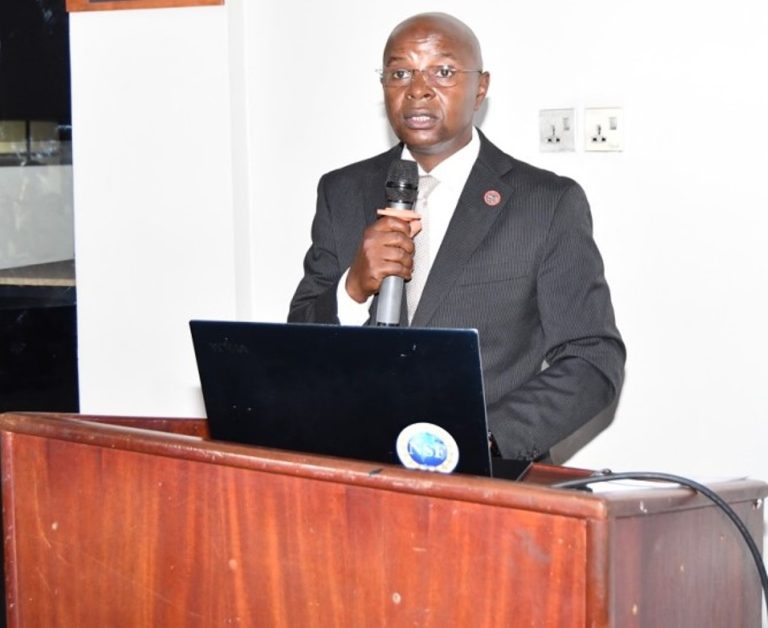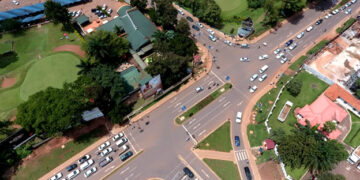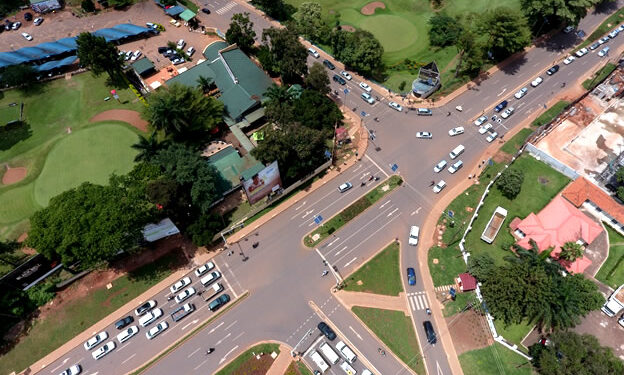Makerere University has unveiled a comprehensive report addressing key challenges affecting urban development in Kampala, one of Africa’s fastest-growing cities. With an annual population growth rate of 5.6%, the Ugandan capital faces immense pressure on its infrastructure and urban systems.
The report, a product of the African Cities Research Consortium (ACRC) programme, was launched by Hon. Mario Obiga Kania, Uganda’s Minister of State for Urban Development, at the Fairway Hotel in Kampala. The research aims to provide actionable insights to improve urban living conditions, especially for marginalized communities.
A Holistic Approach to Kampala’s Urban Challenges
The study, conducted by Makerere University’s Urban Action Lab, brings together contributions from scholars, practitioners, and international experts. It explores political, social, and infrastructural dynamics shaping urban development, focusing on informal settlements, youth and capability development, land and connectivity, and health, well-being, and nutrition.
Key Findings
Infrastructure Deficits and Governance Challenges
Kampala faces severe shortcomings in transport, sanitation, and public utilities, struggling to keep pace with increasing demand. Weak coordination between the Kampala Capital City Authority (KCCA) and the central government further hampers efforts to address these issues effectively.
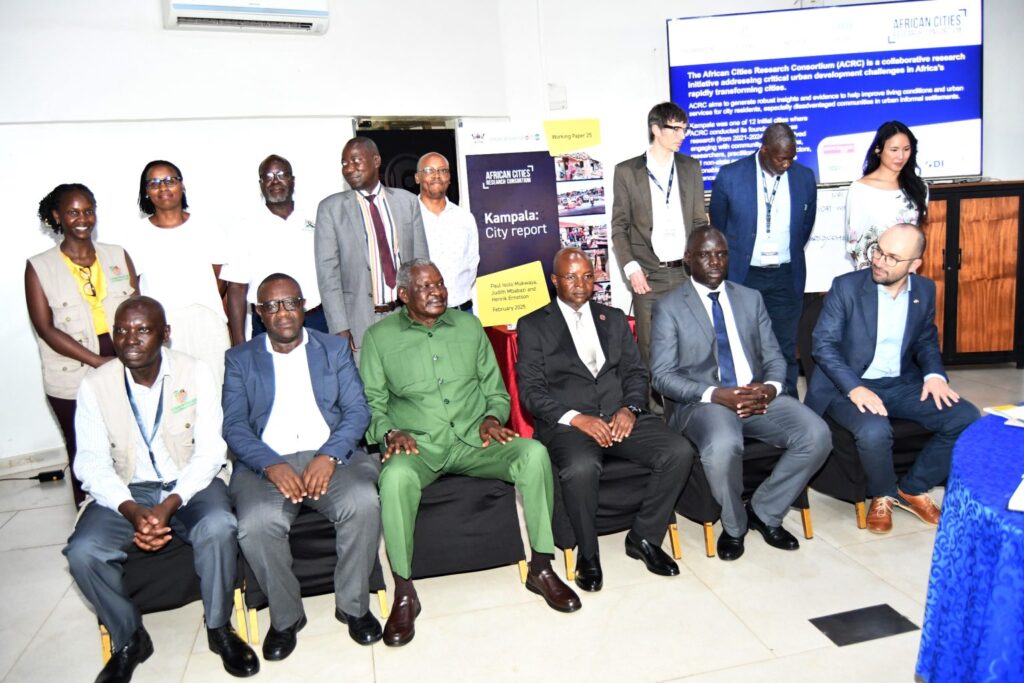
Inequality in Service Delivery
Informal settlements bear the brunt of poor service provision, with limited access to reliable transport, electricity, and security services. This disparity widens the gap between well-planned areas and underserved communities.
Privatisation and the Cost of Essential Services
With public institutions unable to meet demand, private actors have stepped in to provide essential services. However, this market-driven approach has made basic services such as water and electricity unreliable and unaffordable for many residents.
Corruption and Mistrust in Governance
Corruption, political interference, and bureaucratic inefficiencies frequently undermine efforts to reform urban management. Trust in city authorities remains low, further complicating long-term development plans.
Urban Land and Infrastructure: The Role of Political Elites
Decision-making around urban land use and infrastructure is often influenced by political and business elites operating informally. This has led to unregulated expansion, land disputes, and inefficient urban planning.
Health and Nutrition Concerns
Despite sufficient food availability, malnutrition remains a pressing issue due to low household incomes and limited awareness of proper nutrition. This has contributed to poor health outcomes across various communities.
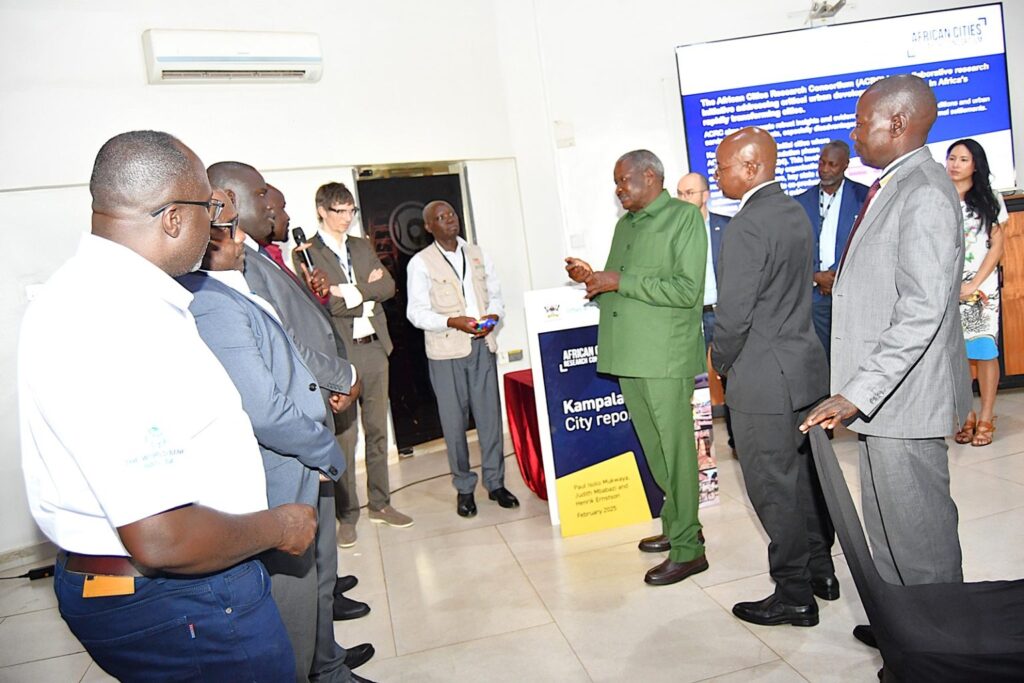
Youth Vulnerability and Social Issues
With youth making up 46% of Kampala’s population, issues such as teenage pregnancies and drug abuse continue to pose significant social and economic challenges. The lack of employment opportunities further compounds the vulnerability of young people in the city.
Exploitation in the Land Market
Gaps in land market information have led to exploitation by brokers, making it difficult for residents to secure affordable housing and land tenure. This complicates efforts to implement effective urban housing policies.
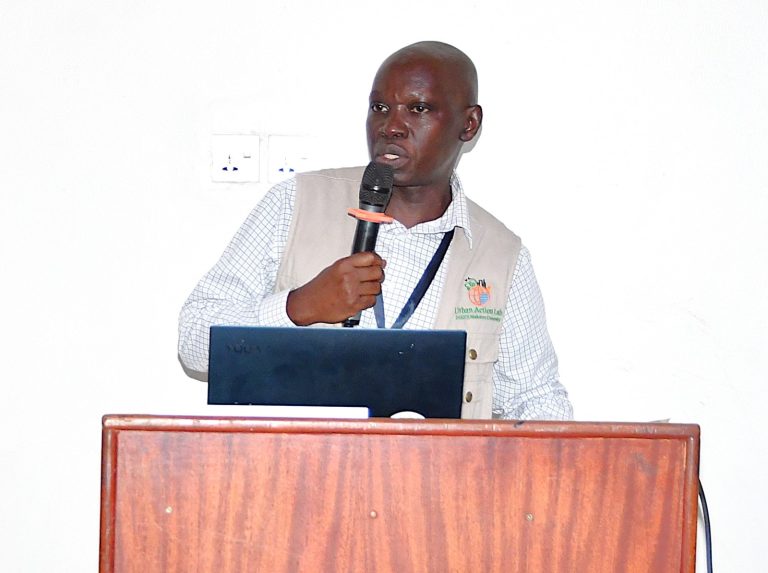
Informal Settlements and Political Capital
Informal settlements are increasingly used for political and economic leverage, complicating solutions.
Proposed Reforms
The report suggests several reforms to improve urban development: upgrading Informal Settlements to improve housing and infrastructure, proper Land Registration to enhance tenure security, Waste Management & Public Health campaigns for improved hygiene and sanitation, Youth Skills Development through vocational training and apprenticeship programmes and strengthening Governance by improving state capacity and forging partnerships with non-state actors.
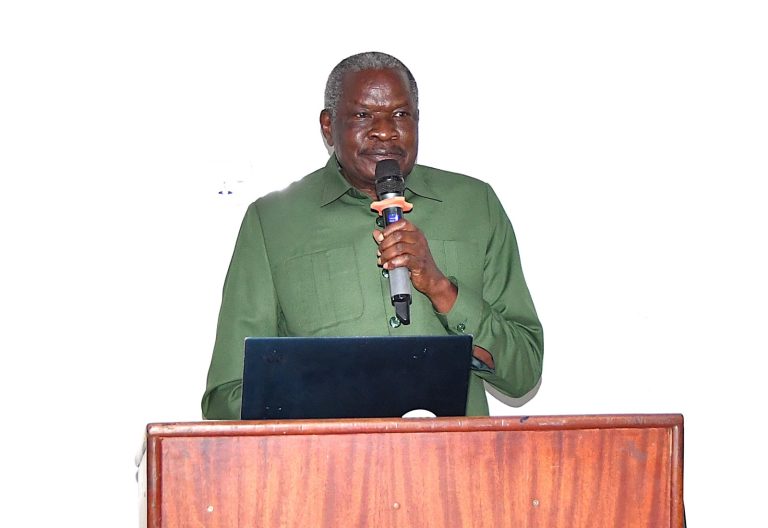
Additionally, the report proposes specific initiatives such as the Kawenja Plastic Waste Entrepreneurship Hub to formalize recycling efforts in Kisenyi III and a sanitation improvement project at Ggaba Market.
Stakeholders Speak Out
Hon. Mario Obiga Kania, Minister of State for Urban Development, urged leaders to see Kampala’s challenges as opportunities for growth, emphasising youth employment, waste management, and financial literacy. “Research should be a tool for problem-solving, not just lamentation. We must make Kampala thrive as Uganda’s commercial hub.”
Kampala Lord Mayor Erias Lukwago raised concerns about political interference and inadequate funding for urban planning. He emphasised the need for a structural plan to transform Kampala’s slums into the ‘Garden City of Africa.’

Prof. Edward Bbaale who represented Makerere University Vice Chancellor, underscored the university’s role in shaping urban reforms through research and innovation. He highlighted the urgent need for affordable housing solutions in Kampala.
The launch event saw participation from government officials, researchers, and urban planning experts, reaffirming the commitment to sustainable urban development in Kampala.
